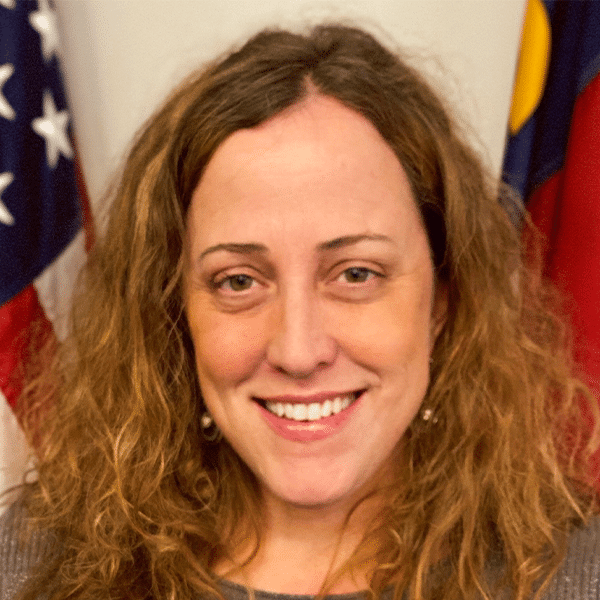Five broadband associations have asked the FCC to release a list of census block groups that provisionally won funding through the Rural Digital Opportunity Fund program but on which the winning bidder has defaulted. The associations say this move will help enable other providers to gain other sources of funding to cover some of the costs of serving the defaulted RDOF census block groups.
The associations signing the letter include the National Rural Electric Cooperative Association (NRECA), NTCA-The Rural Broadband Association, NRTC, the Wisconsin State Telecommunications Association and the Ensuring RDOF Integrity Coalition (ERIC). The latter group is comprised of companies that bid in the RDOF auction.
The RDOF program used a reverse auction to award funding to bring broadband to unserved rural areas, with funding going to the bidder that committed to deploying service for the lowest level of support. Bidding was by census block group. The FCC is currently in the process of reviewing long-form applications from winning bidders, which must be approved before the wins can be confirmed.
The Letter
The letter urges the FCC to issue a public notice that identifies “by winning bidder those census block groups that were bid for and provisionally won in the auction but have since been definitively defaulted on by the winning bidder.
“Defaults or apparent defaults should be listed whether the default occurred due to failure to timely submit necessary information or waiver requests by the long-form application deadlines, or by notification of the intent to default provided to the commission by winning bidders.”
The associations argue that it is important for the FCC to take this action because some state or other funding programs will be unlikely to award funding for the defaulted RDOF census block groups unless it is clear that those census block groups will not receive RDOF funding.
The letter references Tennessee, Washington, and Oregon as examples of states where state broadband funding is not available for areas that receive or are eligible for RDOF funding.
“While it is well established that the initial announcement of auction results is not an award of funds by the FCC, the requested public notice would help provide certainty and clarity to the status of the auction proceedings for the benefit of all stakeholders – including, most importantly, the consumers in the affected areas,” the letter says.
The letter goes on to urge the commission to continue releasing lists of defaulted RDOF census block groups as they become known.
The RDOF auction has come under fire, with some stakeholders arguing that some companies’ bids were unrealistically low or were based on using technology that cannot meet performance requirements. Several of the largest winning bids are in dispute and if some of those bids have been or will be rejected, a large amount of funding and many census block groups could be left without broadband – possibly for several years.
The FCC is expected to roll any provisionally awarded but later defaulted-on money into the second phase RDOF auction, which will not occur until the commission gathers better broadband availability data. As an alternative, some stakeholders have suggested that the commission conduct an interim auction to award funding for the defaulted areas – if those areas are unable to receive funding through a state or other program.



